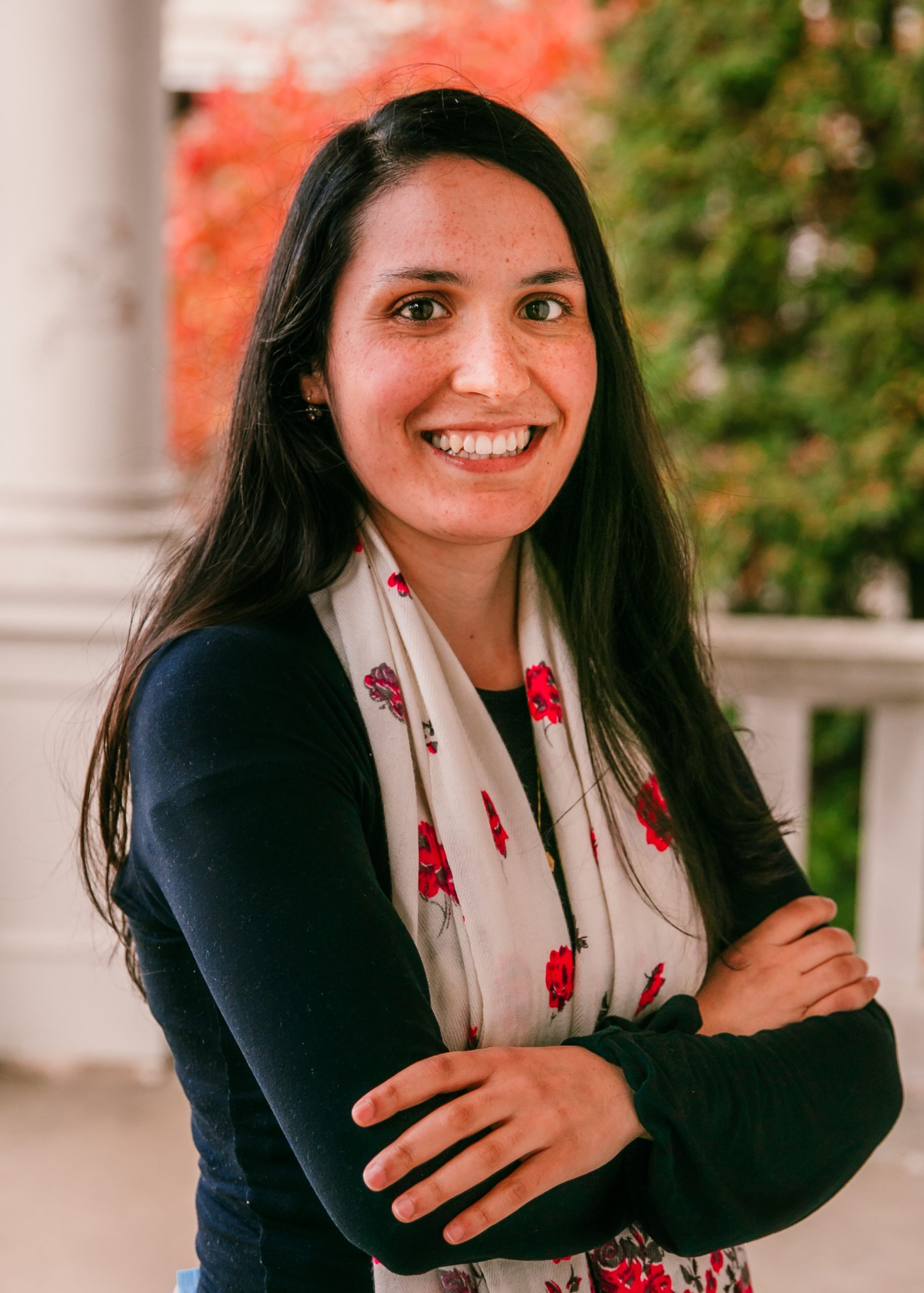Graduate Student Spotlight

Meet one of our graduate students in HDFS at MIZZOU!
Maria Rueda Posada is a doctoral student. We interviewed Maria about her graduate student’s experiences at Mizzou, as well as her backgrounds. Let’s take a closer look what her life looks like.
I received a bachelor’s degree in psychology in Colombia from Universidad de la Sabana, my decision to pursue this program started with the interest of helping others in one way or another. In my studies I developed an interest on research of the human mind and behavior and enjoyed working with mentors in the field of developmental psychology and cognitive psychology. When I graduated, I had the opportunity of completing a master’s in psychology and teaching college level classes. Realizing that I could follow both my passion for research to support children’s development and work in the educational field as a way to transform and support society I decided to come to Mizzou to earn a PhD degree and continue a career as a professor in the field of early childhood development.
One of the reasons that made me choose this program was the kindness, respect, and availability that my advisor showed me, as well as her humility and diligence. Seeing that I was going to be able to build a positive human relationship with the person that was going to guide my journey through the doctorate degree had an important impact in my decision. After coming to Mizzou I have confirmed that I can work with and trust in my advisor, and this has extended to other faculty and staff in the department with whom have always been respectful, have had their doors open for any question or need, and have treated me with understanding.
When working on my own individual research interest I have found several avenues for support. First, I am supported in my classes to further develop those interest by reading and writing based on the body of literature available. The work from classes is brought into the lab or meetings with my advisor from which we can make suggestions or build on existing related projects. Finally, the Graduate Professional Council offers funding for individual graduate students’ research studies and for conference participation, which is a great avenue to build some experience and conduct an independent study.
The active role that students have as part of the department community and the support that we are given from our advisors, professors, and departmental structure to have a good experience in the path of grad school and in preparation for the future.